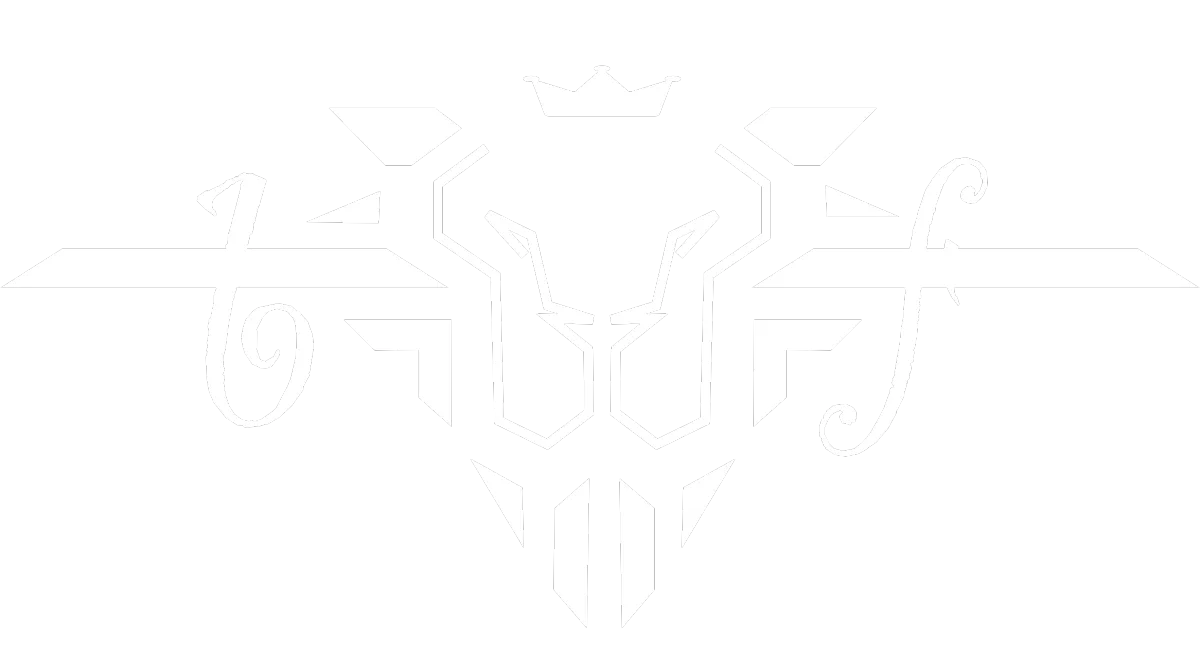THE BRILLIANCE TRAP
I've spent more than two decades coaching high-performing executives and visionary founders—many at the peak of their careers—and I've consistently noticed a paradoxical pattern: the smartest, most capable people often hit the toughest barriers to growth. Intellectually gifted leaders seem uniquely susceptible to reaching a plateau, not from a lack of knowledge or capability, but because their intellectual prowess itself becomes a trap.
This phenomenon is rooted in a psychological dynamic often termed the "expert trap." Research from Harvard psychologist Robert Kegan highlights how successful adults often construct identities around their expertise, leading them to defend that identity—even unconsciously—when faced with new challenges requiring different skills or perspectives. Leaders who've excelled through sharp thinking and deep expertise tend to double down on strategies that previously led to success. The smarter you are, the easier it is to dismiss contradictory feedback, justify your blind spots, and insist on familiar approaches—even when they're clearly failing.
One of my clients, a Silicon Valley CEO known for her brilliant strategic mind, exemplified this trap. Her exceptional ability to dissect markets and predict trends had rapidly grown her company from startup to industry leader. However, as the company scaled, she found herself increasingly bogged down by team conflicts and a lagging innovation pipeline. Despite clear feedback, her initial response was intellectual: more data, deeper analysis, sharper critiques. Her rational defenses blocked the emotional and interpersonal learning necessary for genuine growth.
To break this cycle, she had to shift from a mindset of intellectual dominance to intellectual humility—a concept backed by substantial research. A groundbreaking study in the Journal of Applied Psychology (Owens et al., 2013) found that leaders displaying intellectual humility—admitting limitations, actively seeking out alternative views, and expressing openness to change—created significantly more innovative and agile teams. As we integrated these practices into her leadership style, she began soliciting more perspectives from junior team members, openly acknowledging when she didn't have the answers, and gradually creating space for genuine collaboration and innovation.
Overcoming the expert trap isn't about diminishing intelligence or devaluing expertise—far from it. Rather, it’s about expanding your identity to embrace continuous learning and adaptation. The smartest leaders I've coached didn't just rely on their intelligence to navigate complexity—they actively developed their capacity for self-reflection, empathy, and flexibility. These capacities, often dismissed as "soft skills," are actually the hardest to master and the most powerful indicators of long-term leadership success.
To avoid getting stuck in your own brilliance, consider these steps:
Cultivate Intellectual Humility. Regularly challenge your assumptions and welcome diverse, even
dissenting, views.
Expand Beyond Expertise: Intentionally develop skills outside your immediate expertise, especially
relational and emotional competencies.
Seek Genuine Feedback: Engage in feedback loops that go beyond comfort zones, focusing not
just on performance metrics but also on interpersonal dynamics and cultural alignment.
Your greatest leadership breakthroughs will come not from leveraging your strengths alone, but from navigating beyond the comfort of your known capacities. As Einstein famously put it, "We cannot solve our problems with the same thinking we used when we created them."
In my experience, helping the smartest people become deeply aware of this limitation and showing them how to transcend it, is the most rewarding and transformative work I do.
